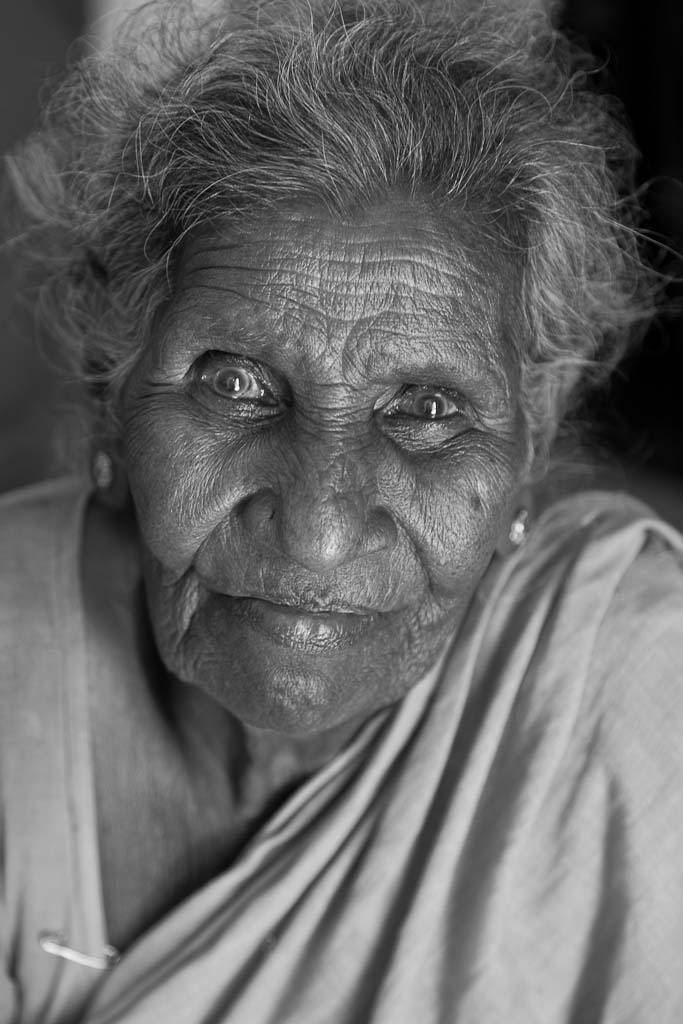Patents, Pixels and Trolls
It's no secret that patent law is as outdated and dysfunctional as the rotary phone. Recently, trials like the Apple v. Samsung case have brought this to light. The original intent of the patent process was to prevent damage, but not stifle innovation. Unfortunately, the tech industry is currently being throttled by stifling patents and frequently the trolls that pursue them.
We could delve into the weeds of this dense and frustrating topic or you can read this excellent post “Why Patent Law Sucks” by Chad Allard.
More important to the photography community than why patent law is a problem, is how it's impacting the technology we use to create photos, sell images and make a living. Have you ever considered why there are so few photography startups that make it big (and stay big)? In fact, one of the most profitable photography companies in existence is one you've probably never heard: FotoMedia.
What does FotoMedia do? Well, it's hard to say. According to their Terms & Conditions, I can't display anything from their website even without their written consent (which I am still waiting on). I cannot even provide an except from their most recent blog post discussing the latest company they are suing.
In fact, according to them, I can't even create a link to their website where you can see just how ridiculous their practices have gotten. I don't think they quite grasp how the Internet works, but I won't risk the wrath of a noted legal juggernaut here. Instead, just type their URL into your browser and read for yourself:
http://www.fotomedialabs.com
FotoMedia denies being a “patent troll”, but their business practices would suggest otherwise. The story “When Patents Attack” on This American Life actually spoke to their CEO. (This is a great read or listen.) Essentially, they license their patents to other photo sharing websites or allegedly threaten to sue them out of existence. When you have patents that guard uploading and organizing photos, you probably find that there are quite a few organizations with cash that are willing to pay you. Facebook is just one example. This might not be unethical by the current standards of the law, but companies like this are costing you money and preventing photographers from having access to the best technology.
Here is an excerpt from the lawsuit against Facebook (one of more than 60 companies they have sued):
[quote style=”boxed”]Defendants Facebook, Tagged and MySpace (the “‘399 Defendants”) have been and now are directly infringing the ‘399 patent in the State of Delaware, in this judicial district, and elsewhere in the United States by, among other things, making, using, licensing, selling, offering for sale, and/or importing photo-sharing website services and associated file upload services, as well as related media services covered by one or more claims of the ‘399 patent, all to the injury of FotoMedia.[/quote]You can read more here and here. There is no apparent injury to FotoMedia since they don't appear to offer any products or services of their own, but if you want to offer a photo upload service – and you have some cash, you might expect a call from their lawyers – McKool Smith – soon.
Here is a partial list of the companies that have been sued by FotoMedia. You might notice that our friends from SmugMug appear on that list. More on that in a minute.
And Fotomedia aren't the only company doing this, a company called VPS, LLC sued Pictage in 2009 for patent infringement, resulting in “a multi-million dollar fee for a license covering past and future online sales on Pictage.com.”
Here is an excerpt from the e-mail Pictage sent their customers explaining why they had to increase their prices by 50%:
[quote style=”boxed”]Last week Pictage completed a settlement of a patent infringement lawsuit brought against Pictage and some of our clients by VPS, LLC. Among other things, VPS's patents cover the online display of digital images and sale of products based on those digital images. VPS has licensed these patents extensively and requires that companies (including professional photographers) providing online sales of products based on online digital images pay VPS a license fee or royalty on all such online sales.As part of the settlement with VPS, Pictage is paying a multi-million dollar fee for a license covering past and future online sales on Pictage.com. All of your past sales and those you will make in the future on Pictage.com are covered by the license to Pictage and the fees paid by Pictage. However, it is important to note that any sales that you have made or will make on any other website (including your own) are not covered by the license to Pictage.[/quote]
Here is a link to actual patent if you care to read it and thanks to Cory Trese for posting the e-mail.
More recently, we heard from SmugMug President and Co-founder Chris MacAskill on TWiP about their price increase. In the interview, Mr. MacAskill cites increases in image resolution and storage costs as the reason for doubling the rates for some customers. But could it be that SmugMug has actually become the most recent victim of a patent troll?
After a little research, I found that it wouldn't be the first time and that MacAskill has previously spoken about this topic on PatentFairness.org.
In an open letter to Congressman John Conyers, Jr., MacAskill descibes being blindsided by a 2009 lawsuit:
[quote style=”boxed”]What we didn't see coming was the exponential rise of companies that invent patents for the sole purpose of suing, as opposed to patenting inventions with dreams of seeing them in commercial products.We never imagined companies with no products, and litigators as executives, who can ruin us where we're weak: in courtrooms. They have every legal advantage, including their choice of courtrooms. The potential settlements are so large, they can hire big-time contingency firms and keep their own expenses at a fraction of ours.
I have spoken to dozens of small companies who, like us, first learned of what seem like unbelievably obvious patents (attaching photos to email) by being named in lawsuits. And just like that, we were presumed guilty unless we could find millions of dollars and years to prove our innocence. But small companies have neither the money nor legal firepower, so we're forced into crippling settlements, priced just below the cost of defense.[/quote]
I urge to read the full letter here. It is a distinct possibility that megapixels and gigabytes have nothing at all to do with the recent increase in SmugMug's pricing plan. SmugMug has been a trustworthy and reliable company since the beginning. It seems like more than a coincidence that after 7 years of stable prices, they double their rates overnight.
When we trust our judicial system to protect our citizens and our industries, we don't expect the bad guy to win. Is there more to the SmugMug story that meets the eye? My guess is yes and photographers will suffer alongside them until our patent system is reformed. Luckily, there is hope.
As of today, a partnership between the U.S. Patent and Trademark Office, Stack Exchange and Google is aiming to identify unnecessary patents and hopefully one day nullify them. You can search patents here and submit and discuss them here.
Image courtesy ShutterStock.com







I recall hearing Chris MacAskill mention the cost of the ongoing patent litigation in Chicago during his interview on TWIP as a factor in rising costs of operations for SmugMug, although I don’t recall him mentioning that in the blog post or the video he posted for customers purporting to explain the need for the price increase.
He did mention it but cited storage costs as the main reason. If he is like most other companies that become victims of patent trolls, they are contractually obligated to maintain secrecy.
Thanks for the props! Great article. I especially love: “There is no apparent injury to FotoMedia since they don’t appear to offer any products or services of their own, but…” That just screams “Patent Troll” to me, and I don’t think they care if everyone knows it. Deny it if asked directly, but actions speak louder than words.
I agree completely. I am find it interesting that they say in terms and conditions that no websites can link to them. I have never heard that before and wonder if there is any legal backbone to it. I stared a Quora discussion to explore the topic and haven’t gotten a definite answer yet: https://www.quora.com/Internet-Law/Can-a-website-legally-prevent-you-from-linking-to-them?__snids__=58158533
Does that mean everytime I take a photo using the rule-of-thirds, I have to pay a fee to the descendents of John Thomas Smith if they had owned the patent ??!! pfftt